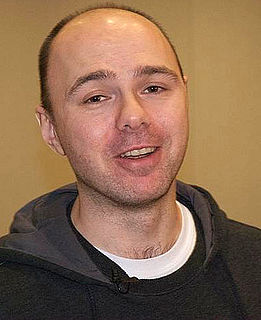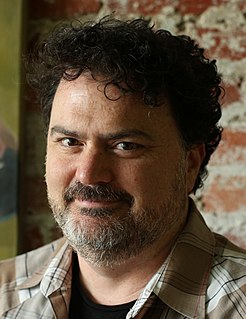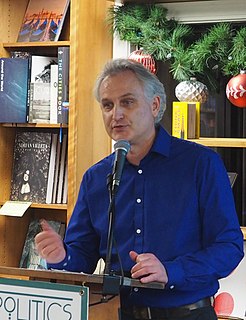A Quote by Karl Pilkington
Related Quotes
Since functional brain imaging first emerged, we have learned that there aren't very many brain regions uniquely responsible for specific tasks; most complex tasks engage many if not all of the brain's major networks. So it is fairly hard to make general psychological inferences just from brain data.
People think athleticism is just physical, but it's not. It's connected to the brain and how the brain can learn to execute and see a movement or not. Especially at high speed. Being athletic is not just jumping and running and being powerful. It's the nervous system that guides the body. The muscles don't decide anything. The brain decides and makes things happen.
Towns are full of people, houses full of tenants, hotels full of guests, trains full of travelers, cafés full of customers, parks full of promenaders, consulting-rooms of famous doctors full of patients, theatres full of spectators, and beaches full of bathers. What previously was, in general, no problem, now begins to be an everyday one, namely, to find room.
Everyone uses the brain at every moment, but we use it unconsciously. We let it run in the background without realizing the power we have to reshape the brain. When you begin to exercise your power, the everyday brain, which we call the baseline brain, starts to move in the direction of super brain.
I think I just have an idea in my head about how big an adventure game should be, so it's hard for me to design one that's much smaller than Grim Fandango or Full Throttle. There's just a certain amount of scope needed to create a complex puzzle space and to develop a real story. At least with my brain, there is.
London always reminds me of a brain. It is similarly convoluted and circuitous. A lot of cities, especially American ones like New York and Chicago, are laid out in straight lines. Like the circuits on computer chips, there are a lot of right angles in cities like this. But London is a glorious mess. It evolved from a score or so of distinct villages, that merged and meshed as their boundaries enlarged. As a result, London is a labyrinth, full of turnings and twistings just like a brain.




































